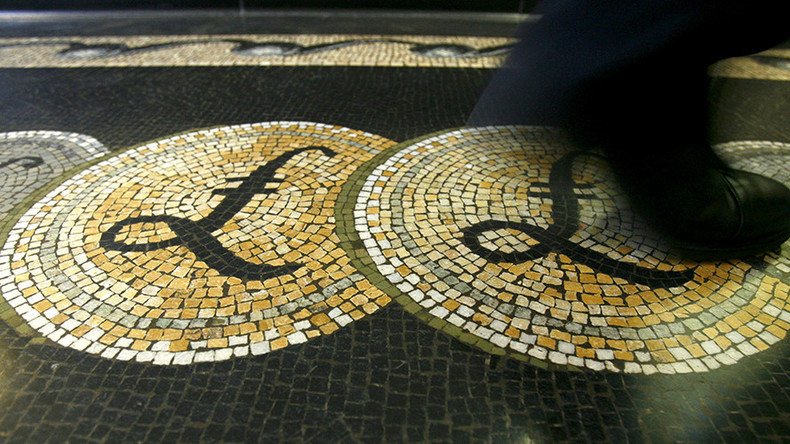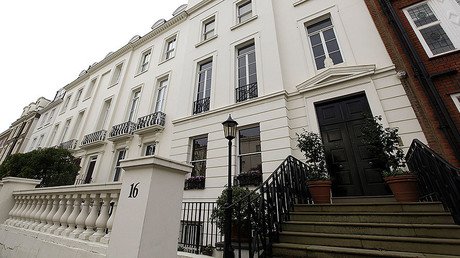Money woes predicted to worsen for Brits next year as Brexit takes hold

If you think life is a struggle now, experts warn that the rising prices of goods and a slump in earnings will make 2017 even harder.
According to new figures by the Resolution Foundation, Britons can expect a squeeze in real pay comparable to after the financial crash of 2008. The think tank warned that while 2015-16 had shown a fast growth in real wages due to low inflation and steady employment, the same would not be repeated in the new year.
“We may well come to look back at 2016 with fond nostalgia – not least given what 2017 looks set to have to offer,” said Resolution Foundation Director Torsten Bell. “The issue is not that last year was awful, more that it risks being as good as it gets.”
“The good news is that employment remains close to record highs at over 75 percent and firms are by and large not planning on shrinking their workforces,” he added.
“The bad news is that without further employment growth in 2017 one of the big boosts to household incomes of recent years (more people working and earning) will weaken. That leaves other determinants of income growth to pick up the slack. Unfortunately they look set to do the opposite.”
Office of National Statistics (ONS) data shows that while the last 12 months have seen a 3 percent increase in working families’ incomes, and overall households are better off by 2 percent, the recent and rapid rise in prices is set to end a phase of abundance. Employment growth too has slowed in recent months, with Bell and his colleagues estimating that will continue into the coming spring.
Consumer prices have risen substantially over the last three months, with inflation going from 0.9 percent in October to 1.2 in November – a record high since late 2014. The pound has weakened since the Brexit vote in June, slumping significantly every time details of ongoing negotiations with other European governments point to a definite ‘hard Brexit’ strategy. Import costs for manufacturers have also gone up by nearly 13 percent, suggesting supermarket bills will not get any cheaper in the months to come.
When coupled with stalling employment figures in 2017, figures suggest the ‘real wage’ and quality of life of the average Brit is about to crash.
We've had a strong living standards recovery in recent years - but don't expect more of the same in 2017 https://t.co/CMRl8uUBP8pic.twitter.com/Ar9cWfs4eB
— ResolutionFoundation (@resfoundation) December 21, 2016
“This earnings freefall means we expect wage growth to fall to around 1 percent in the three months to January – the slowest real wage rises in over two years,” Bell concluded. “With inflation forecast to continue rising we project real earnings growth hovering around, or even below, zero for the second half of the year. A return to the pay squeeze we thought we had left behind in 2014 is a real risk.”













